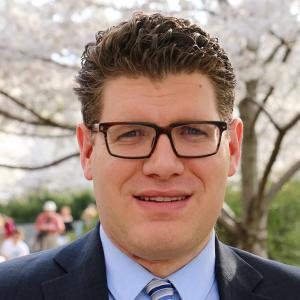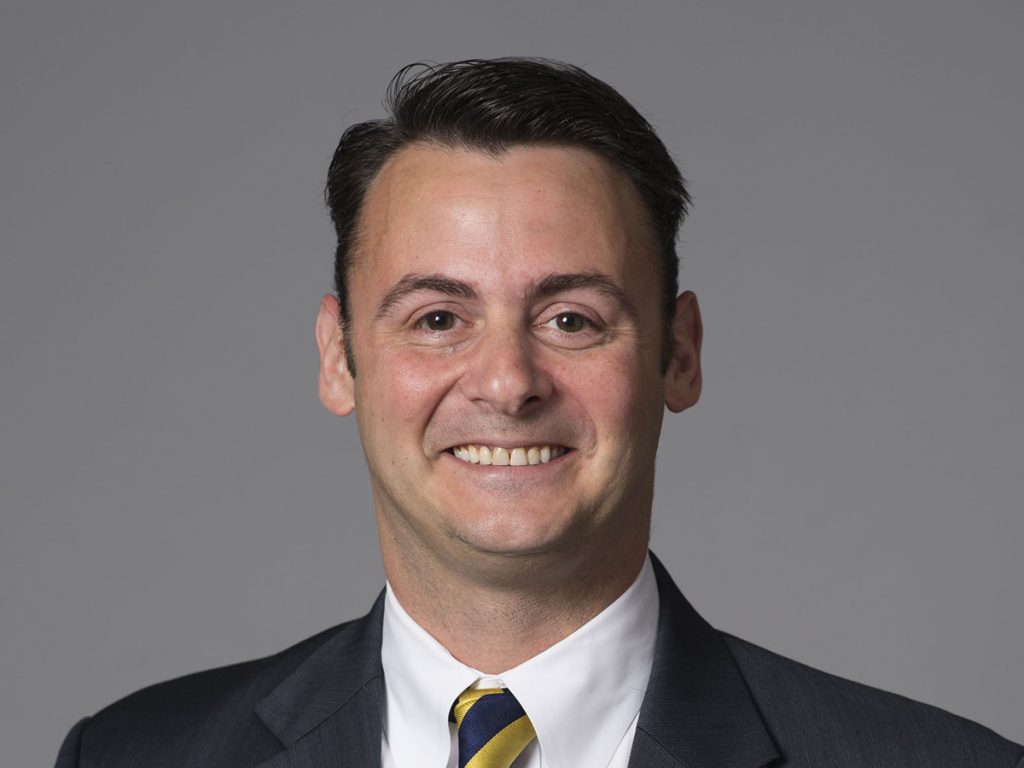How Extended Voting Windows Affect Campaigns, Polls
Political campaigns are being forced to reevaluate their marketing efforts as more states adopt extended voting windows.
“When it comes to promoting to vote, [political campaigns] do it the days leading up to early voting and the early days before election days,” said Communication Studies Associate Professor Vincent Raynauld. “Those are the two windows and they need to be strategic. People forget there are elections.”

Forty-six states, plus the District of Columbia, American Samoa, Guam, Puerto Rico, and the Virgin Islands offer early in-person voting, and this includes states with all-mail elections, according to the National Conference of State Legislatures (NCSL). Alabama, Connecticut, Mississippi, and New Hampshire do not offer pre-Election Day in-person voting options for all voters, but they may offer pre-Election Day in-person voting options for eligible voters.
Across the U.S. and U.S. territories, early voting periods range from 46 to three days, and the average start date for early in-person voting is 30 days before Election Day, reported NCSL.
But having lengthy periods to vote means there’s a greater chance an event or scandal may impact how someone votes.
Those extended periods also affect political polls, says Spencer Kimball, associate professor of Communication Studies and director of Emerson College Polling.
“It makes our job even more complicated,” said Kimball. “There was a significant difference in 2020 of who voted early and on Election Day. All the polls … are grappling with it.”

Kimball said extended windows of voting have forced campaigns to release attack ads earlier in voting cycles. He pointed to the current Georgia Senate race between U.S. Sen. Raphael Warnock and Republican challenger Herschel Walker, in which anti-Walker ads were released in early October.
He said waiting to release a negative ad for the last week of October or first week of November may not have the same effect on voters because 70 or 80 percent of the vote may already be cast. Extended voting windows also means that polls may swing more with the extra time, said Kimball.
As Kimball alludes to, and Raynauld agrees, there are two sides of the coin when it comes to extended voting windows: People have more time to vote, but they may also only have partial information. Lengthy voting periods also means there’s a greater chance an event or scandal may not impact how someone votes.
“If they vote really early and things come out, a candidate’s positions can start to crumble when faced with public scrutiny [voters may rue how they voted early],” said Raynauld. “You want to make sure people have right the knowledge of candidates’ positions.”
While many people believe the Democratic Party is more in favor of extended voting windows and mail-in voting, that may not always be the case. Raynauld said the two major political parties push for extended voting periods depending upon the perception of how a candidate is polling.
“When mail-in voting was a big deal for the 2020 elections, [former President Donald] Trump was bashing mail-in voting. A lot of political science disagreed with him because mail-in voting is more useful for rural areas because there are fewer and farther voting stations,” said Raynauld. “The context will dictate if extended voting will benefit one party versus the other. I’d like to say, for democracy, extended voting can be useful for everyone, but sometimes it’s better for one party, and sometimes harmful for that party.”
One thing people don’t always consider is that extended voting periods also have a fiscal impact on the government.
“There’s a lot of resources required from states to accommodate early voting. When you have early voting you need staffers and poll workers…you need a lot of different considerations,” said Raynauld. “People think extended voting should be the golden rule. But I do believe there are elements. I think it needs to be thought out more. At the end of the day it’s about democracy.”
Categories